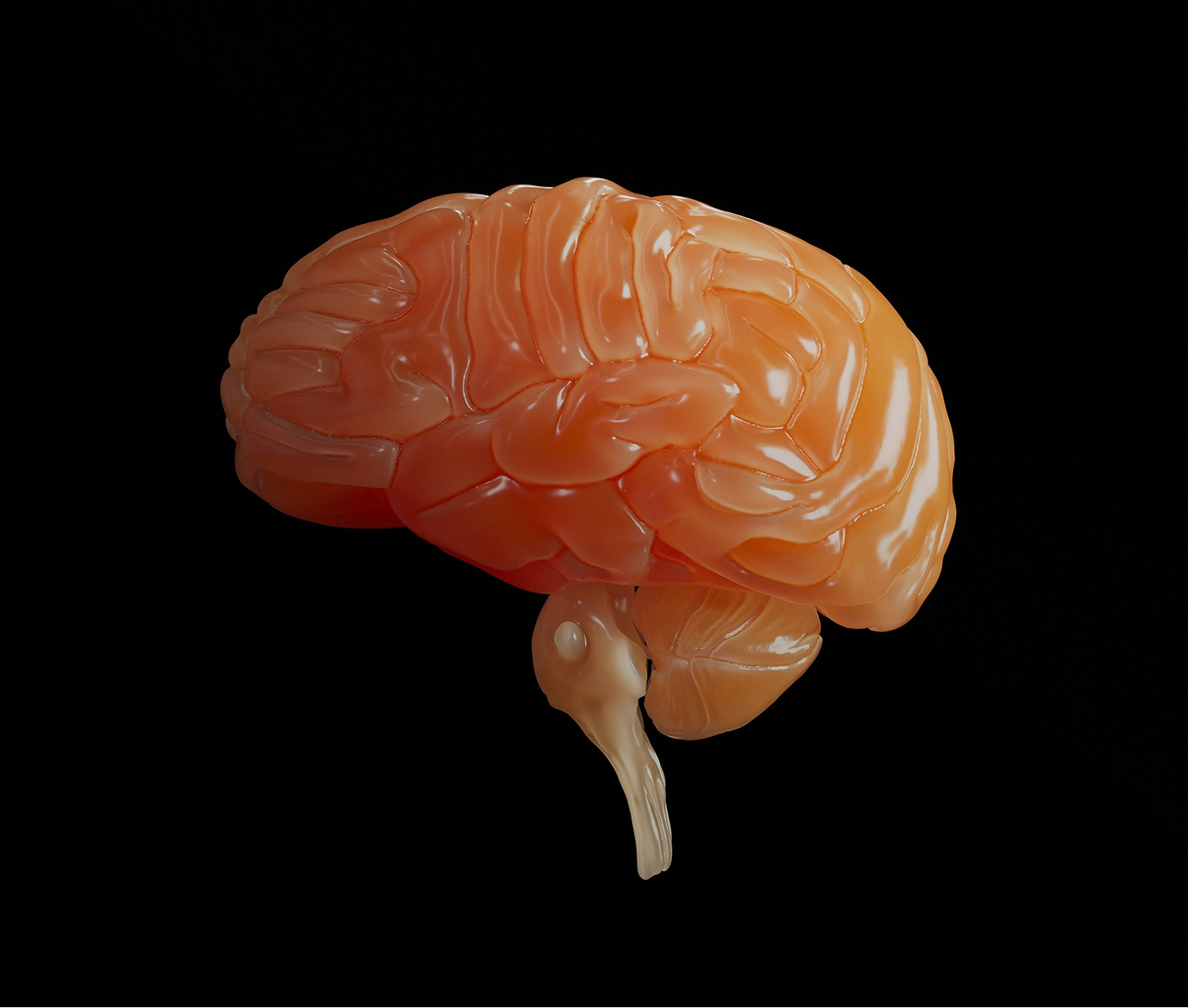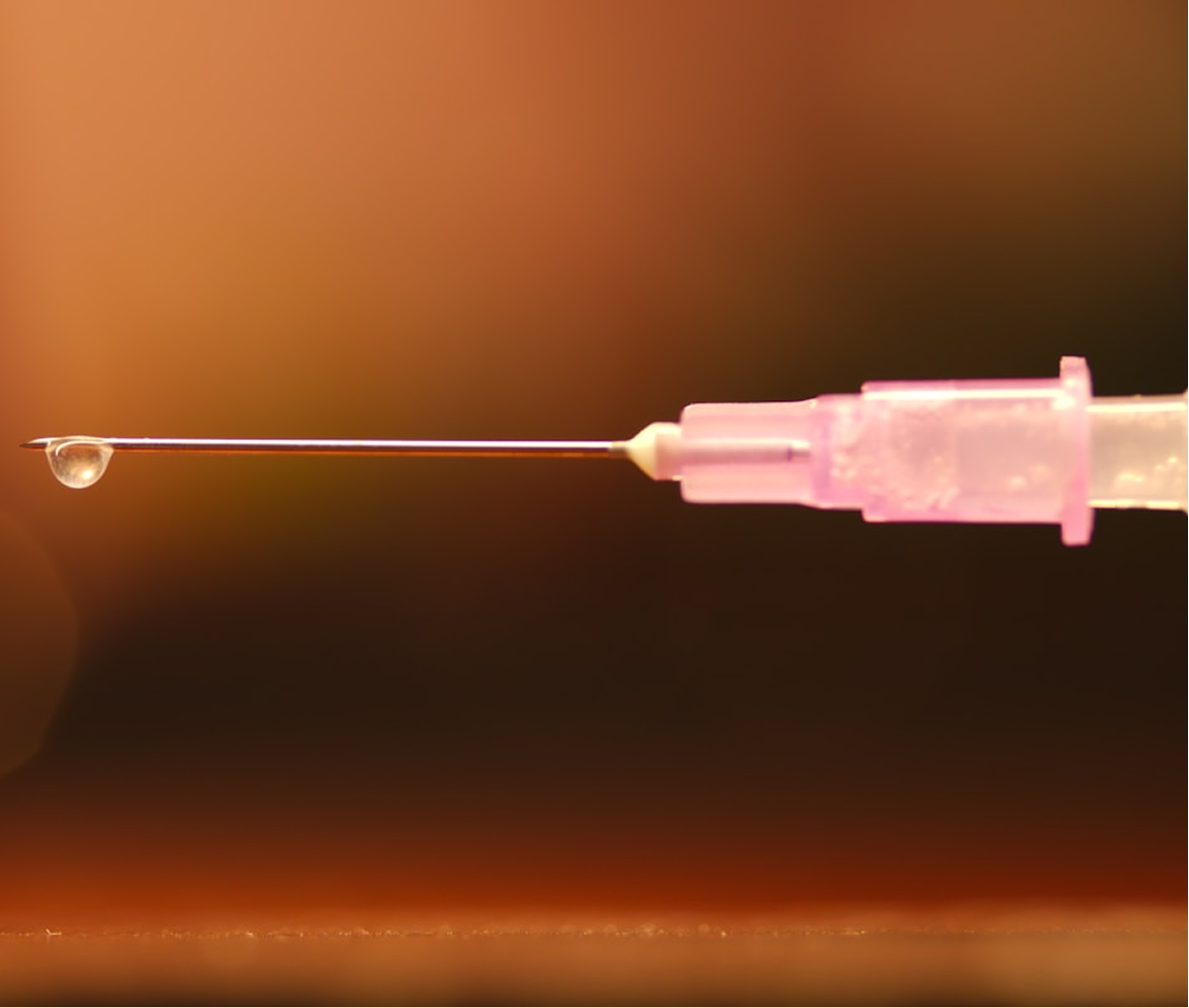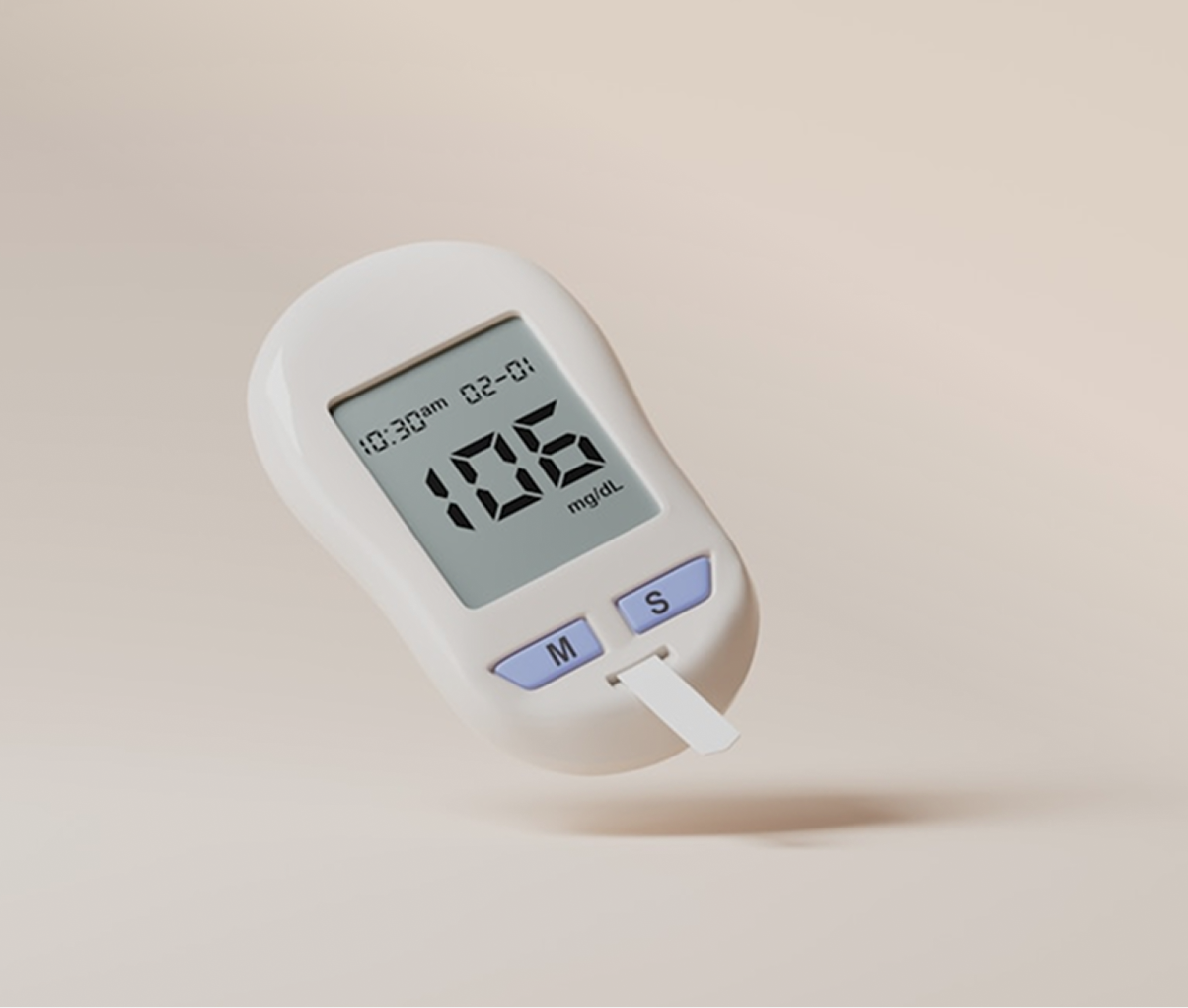
Preventive health flips the entire script. Instead of waiting for illness to appear, the goal is to never get sick in the first place.
Preventive health is personalized health. It’s about mapping your unique biological blueprint and using it to prepare your body for resilience, so you fight off infections more effectively, recover faster, and reduce your risk of chronic disease.
And for the first time, we actually have the tools to make this possible. Continuous glucose monitors that reveal how your body responds to food. Blood panels that measure hundreds of biomarkers. Stool, urine, and hormone tests that uncover what’s happening at the cellular level. Wearables that track heart rate, sleep, recovery, and stress in real time. We can now track how diet, alcohol, stress, sleep, sauna, exercise, and even human connection directly shape our immunity.
Prevention is no longer abstract—it’s a framework you can apply to your daily life.
The implications of this are massive. Think of a society, or a world, that got sick much, much less. Where hospitals weren’t overflowing, where chronic disease rates plummeted, and where health care shifted from crisis management to true prevention. It’s a recipe for abundance, in many directions.
In this issue, we’ll cover:
- The science of daily habits and why they’re still the foundation of prevention
- Diagnostics and wearables that give you real-time feedback on your health
- The emerging role of peptides and regenerative therapies in preventive medicine
- The future of preventive health and what it could mean for society at scale
Prevention isn’t glamorous. It takes work and it isn’t cheap. But it’s the best way we have of stacking the odds in our favor, day after day.
The Enduring Power of Daily Habits
Despite technological advances, the foundation of preventive health remains remarkably consistent: what you do every day matters more than any single intervention. The science behind this is more compelling than ever.
Recent research from Stanford's longevity institute shows that people who maintain five key daily habits can add up to 14 years to their lifespan:
- Quality sleep
- Regular movement
- Stress management
- Nutritious eating
- Meaningful social connection
What's particularly striking is how these habits compound over time, creating protective effects that extend far beyond their individual benefits.
The key insight: consistency trumps intensity.
At Eudēmonia, we talk ad infinitum about these big health pillars, and we’ve gone deep on them in past issues. Here’s a refresher on the essentials:
Diagnostic Test Stacking
Comprehensive preventive medicine starts with a new paradigm: advanced diagnostic testing. And while any single test can provide valuable insights, the real power lies in strategic test “stacking”—combining complementary diagnostics to create complete pictures of health that no individual test can provide.
Please note, these tests give you a ton of data, and it can be overwhelming to make sense of them. Make sure you do this testing with a great functional medicine doctor or medical practitioner who can help make sense of the data and provide you with a plan to tackle whatever issues arise. It’s important to turn these fragmented data points into a cohesive roadmap for prevention.
Here’s what we can test.
Comprehensive Blood Analysis
Beyond basic panels, we can now measure 100+ biomarkers, including advanced lipid particles, inflammatory markers, metabolic indicators, nutrient status, and early disease markers like liquid biopsies for cancer detection.
Hormone Mapping
DUTCH testing reveals not just hormone levels but how your body processes them. We can see cortisol patterns throughout the day, estrogen metabolite ratios indicating cancer risk, testosterone conversion pathways, and stress response patterns, all from dried urine samples.
Gut Ecosystem Analysis
Advanced stool testing now sequences your entire microbiome (28,000+ species), measures inflammatory markers, assesses digestive function, and evaluates intestinal permeability. We can identify specific pathogenic organisms, beneficial bacteria ratios, and functional capacity of your gut microbiome.
Advanced Cortisol Assessment
Beyond single-point blood tests, we can now measure cortisol rhythm throughout the day using saliva testing, evaluate cortisol metabolites in urine, and assess cortisol awakening response (CAR) to understand stress resilience and HPA axis function. This reveals whether you're producing enough cortisol, making too much, or if your natural circadian rhythm is disrupted—critical information for addressing chronic fatigue, sleep issues, and stress-related health problems.
Cellular Metabolic Function
Organic acids testing reveals what's happening inside your cells—mitochondrial efficiency, neurotransmitter production, detoxification capacity, and nutrient utilization at the cellular level. This shows functional deficiencies that blood work often misses.
Body Composition and Performance
AI-enhanced DEXA scans provide precise body fat distribution, bone density, and muscle mass by region. VO2 max testing determines cardiovascular fitness and mortality risk. RMR testing reveals exact metabolic rate and fuel preferences.
The magic happens when these tests are combined. A person with “normal” cholesterol might show elevated ApoB particles from extensive bloodwork, disrupted cortisol rhythms from a CAR test, gut dysbiosis from a stool test, and poor metabolic flexibility from an organic acids test, revealing cardiovascular risk invisible to traditional testing.
Someone struggling with weight loss despite a perfect diet and exercise might have normal thyroid tests, but advanced testing reveals the real culprits: disrupted evening cortisol preventing fat burning, low beneficial gut bacteria affecting metabolism, and poor cellular energy production. The issue isn't willpower; it's fixable metabolic dysfunction.
A woman with unexplained anxiety might have normal thyroid function but reveal estrogen dominance, disrupted neurotransmitter production, gut issues affecting mood chemistry, and mineral deficiencies impacting nervous system function. The anxiety isn't “just stress.” It's treatable biochemical imbalances.
Someone with “normal” blood sugar and A1C might actually be heading toward diabetes. Advanced testing could reveal elevated insulin levels, poor glucose responses on continuous monitoring, disrupted cortisol patterns driving sugar cravings, and gut bacteria imbalances affecting blood sugar control. Early intervention can prevent progression years before traditional tests would catch the problem.
When you test regularly, you get a detailed picture of your health, and the story gets much more dynamic—showing not just where you are today, but how your body is trending over time. And you start to see the interconnected nature of your body’s health systems.
Real-Time Health Intelligence
Preventive medicine is also predictive medicine: it anticipates problems before they manifest, using real-time data and advanced analytics to guide decisions that keep you healthier for longer.
Wearable technology and advanced diagnostics are turning biology into something closer to a live feed. Heart rate, sleep stages, blood oxygen, HRV, body temperature, glucose, ketones, and even lactate can now be tracked not once a year in a lab, but second by second. What’s emerging is a living dashboard of human health.
Once a tool exclusively for diabetics, continuous glucose monitors are now revealing something profound: each of us has a unique metabolic fingerprint. The idea that one diet fits all collapses under the data. Oatmeal spikes one person’s blood sugar into pre-diabetic ranges while barely nudging another. Meanwhile, eggs and avocado might stabilize one individual while causing subtle issues in another.
The conclusion is undeniable. Food is not universally “good” or “bad”—it’s contextually beneficial or harmful depending on your biology.
This same principle is expanding well beyond glucose.
Heart Rate Variability (HRV)
Once niche, it’s now a leading indicator of stress resilience and recovery. Elite athletes use it to fine-tune training loads. Clinicians are using it to flag autonomic nervous system imbalances long before they present as disease.
Wearable ECGs
Catch atrial fibrillation in real time instead of years later.
Continuous Ketone and Lactate Sensors
Get insights into metabolic flexibility and endurance capacity as you live your day.
Biosensors
Noninvasive patches and even contact lenses are being developed to track hydration, cortisol, uric acid, and dozens of other markers.
Real-time health intelligence is not just about measurement; it’s about pattern recognition. Machine learning is being trained to spot early warning signs across these signals: changes in HRV predicting infection days before symptoms, rising nighttime glucose indicating insulin resistance creeping in, or subtle shifts in body temperature predicting illness onset.
This is a new frontier. Your body is becoming its own diagnostic lab, your daily data the map, and preventive medicine the practice.
The Peptide Renaissance
Peptides—short chains of amino acids that act as cellular messengers—represent one of the most exciting frontiers in preventive medicine. Rather than waiting for disease or injury to occur, these compounds may enhance the body's natural capacity for cellular repair, immune optimization, and healthy aging processes.
Systemic Regeneration and Longevity
Growth hormone-releasing peptides like sermorelin and ipamorelin work by stimulating the body's own growth hormone production, potentially supporting muscle mass preservation, bone density maintenance, and metabolic efficiency as we age. Unlike direct hormone replacement, these peptides enhance natural physiological processes, supporting the body's innate capacity for cellular renewal and repair.
BPC-157, derived from gastric protective proteins, shows promise for supporting systemic tissue integrity and vascular health. Research suggests it may enhance the body's natural healing processes at the cellular level, potentially supporting everything from gut barrier function to cardiovascular health maintenance.
Thymosin alpha-1 and thymosin beta-4 are being investigated for their role in immune system optimization and cellular regeneration. These peptides may support the body's natural defense mechanisms and tissue renewal processes, potentially contributing to healthspan extension and age-related decline prevention.
GHK-Cu, a copper-binding peptide, shows promise for supporting skin health, collagen production, and antioxidant activity—potentially addressing aging processes at the cellular level rather than merely treating visible signs of aging.
Check out our deep dive on Peptides to learn more.
Regenerative Medicine for Prevention
Regenerative therapies are evolving beyond acute treatment toward prevention and optimization. NAD+ infusions may support mitochondrial function and cellular energy production. Exosome therapy harnesses cellular communication signals to potentially enhance the body's natural repair and regeneration processes.
Check out our deep dive on Mitochondrial Health to learn more.
Therapeutic plasma exchange and young plasma factors are being investigated for their potential to support healthy aging by optimizing the cellular environment and removing age-related inflammatory factors.
Check out our deep dive on Stem Cells to learn more.
The Future of Cellular Optimization
It's crucial to note that most peptide and regenerative therapies remain experimental, with limited FDA approval for preventive applications. Quality and sourcing vary dramatically, and proper medical oversight is essential. However, the underlying science suggests we may be entering an era where we can actively support and enhance the body's natural regenerative capacity rather than simply waiting for decline and then treating it.
The most promising aspect of this field is the shift from reactive medicine to proactive cellular optimization: supporting the body's natural systems before they falter rather than intervening after damage has occurred.
What’s Coming Next
The diagnostic revolution is just beginning. Already emerging are AI-powered interpretation systems that identify patterns across multiple test types, automatically flagging the most clinically relevant findings and suggesting targeted interventions. Within the next few years, we'll see continuous biomarker monitoring expand beyond glucose to include real-time tracking of lactate, ketones, and even cortisol through advanced wearable devices. Liquid biopsy testing for early cancer detection will become routine, while pharmacogenomic testing will guide medication selection based on individual genetic variants.
The longer-term vision is even more transformative.
Epigenetic testing will reveal how lifestyle choices affect gene expression in real-time, enabling precise interventions to optimize cellular function. Advanced biological age algorithms will provide increasingly accurate predictions of healthspan and longevity. Personalized nutrition protocols will be based on individual metabolic responses rather than population averages, while nanotechnology may enable targeted nutrient delivery and toxin removal at the cellular level. The convergence of genetics, microbiome analysis, advanced diagnostics, and AI interpretation will create truly personalized prevention protocols that optimize health with unprecedented precision.
The Path Forward
This all adds up to a radical shift in healthcare. Instead of snapshots at annual checkups, we get streams of live data. Instead of generalized recommendations, we get personalized prescriptions. Instead of interventions after disease, we get nudges before risk even takes root.
Preventive medicine is part pattern recognition, part lifestyle intervention, and part biological optimization. The most effective prevention strategies combine the basics with modern technology—using comprehensive biomarker testing to identify early imbalances, leveraging advanced diagnostics to guide targeted interventions, and potentially using emerging therapies to enhance the body's natural resilience.
Your body is amazing. It knows what to do. But we need to give it the optimal conditions to perform at its best.
For many, it’s a hard thing to chase. It’s the leaky roof metaphor: when it’s raining, you can’t repair it, but when it’s not raining, there’s no urgency to fix it.
Not getting sick feels like nothing—and that’s the point. When you come down with the flu, or a disease, it’s acute, unmistakable, and miserable. But when you don’t get the flu, there’s no obvious reward. Life just moves quietly forward, without disruption.
Prevention rarely feels dramatic, but the payoff is massive. The payoff is everything.
This is why the diagnostic revolution matters so much. Data (hopefully) creates motivation where symptoms cannot. That’s the real promise of preventive health: making the invisible visible. When the risks you can’t feel are finally mapped, measured, and explained, prevention stops being a guess and becomes a choice.
Disclaimer: This newsletter is provided for educational and informational purposes only and does not constitute providing medical advice or professional services. The information provided should not be used for diagnosing or treating a health problem or disease, and those seeking personal medical advice should consult with a licensed physician.

February 20, 2026

February 14, 2026

February 6, 2026

January 31, 2026

January 23, 2026

January 16, 2026

January 9, 2026



































































